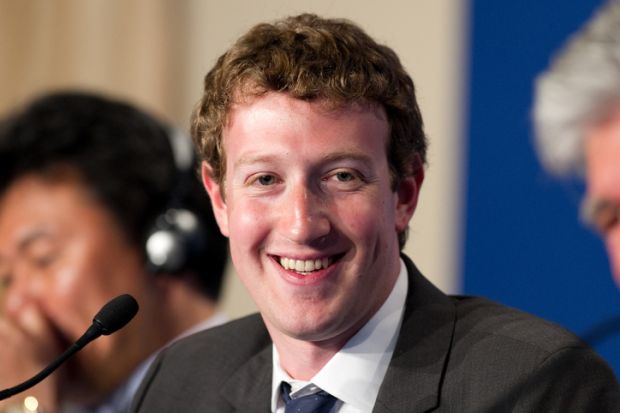Billionaire donors are likely to play an increasing role in funding and shaping the global health research agenda over the next decade, according to a university leader.
Nirmala Rao, vice-chancellor of the Asian University for Women in Bangladesh, said that the influence of private donors in health research had been “revolutionary” over the past 20 years, triggered by the challenges posed by the United Nations Millennium Development Goals.
She said that traditionally multilateral agencies “had a structure where their boards were dominated by member countries”, but “now the donor influence on those boards is pretty strong”.
“That trend…makes me think that going forward their influence is only going to increase, particularly in shaping the health agenda,” she said, during a panel discussion on the higher education trends to expect over the next decade at the Times Higher Education Innovation & Impact Summit.
The Asian University for Women itself was established from start-up funds provided by the Goldman Sachs Foundation and the Bill & Melinda Gates Foundation.
However, Roberta Malee Bassett, global lead for tertiary education at the World Bank, said that while it was the “aspiration of most research-intensive institutions to have the endowments that are the backbone of institutions” such as Stanford and Harvard, only “a very small number of elite institutions” benefited from large amounts of philanthropic support.
“We will not see in the lower-income, lower-middle-income countries, billionaires investing tons of money in the research that our clients are going to need in order to support their societies and move their societies forward. That is still going to be largely [funded by] government, with some partnerships with organisations like the World Bank,” she said.
But Professor Rao took the opposite view and said that donor influence was “greatest in countries like Cambodia, Pakistan, Kazakhstan because the national governments have not been investing as much, particularly in health” and philanthropists have been “stepping in”.
In the case of Bangladesh, she said there had been a move by donors to create a more structured and transparent approach to gifts, which paves the way for “donor presence” to increase.
However, Professor Rao admitted there was a risk that private donors could be “very short-sighted in terms of the goals they want to set”.
Vivek Goel, president-elect of the University of Waterloo and a public health expert, added that “it would be naïve to assume” that the global health research agenda “hasn’t already been shaped by organisations such as the Gates Foundation”.
“Over the last 10 to 20 years, those organisations have played a significant role. I would say so far it has been largely positive,” he said.




